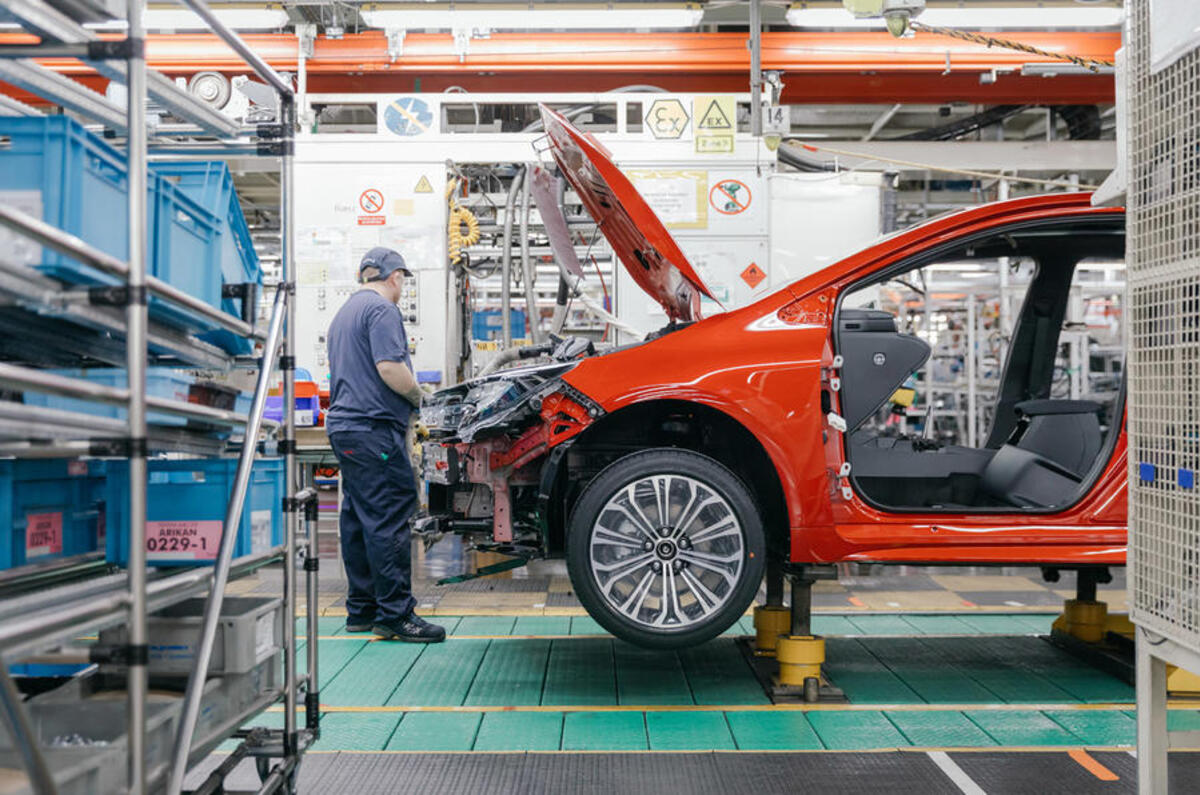Hybrid, plug-in hybrid and battery-electric cars played a key role in April as the UK’s motor industry continued its recovery from the Covid-19 pandemic.
Production of HEVs, PHEVs and BEVs – ‘electrified’ cars – rose by 56.2% to more than 25,000 units, according to new data released by the Society of Motor Manufacturers and Traders (SMMT).




Add your comment